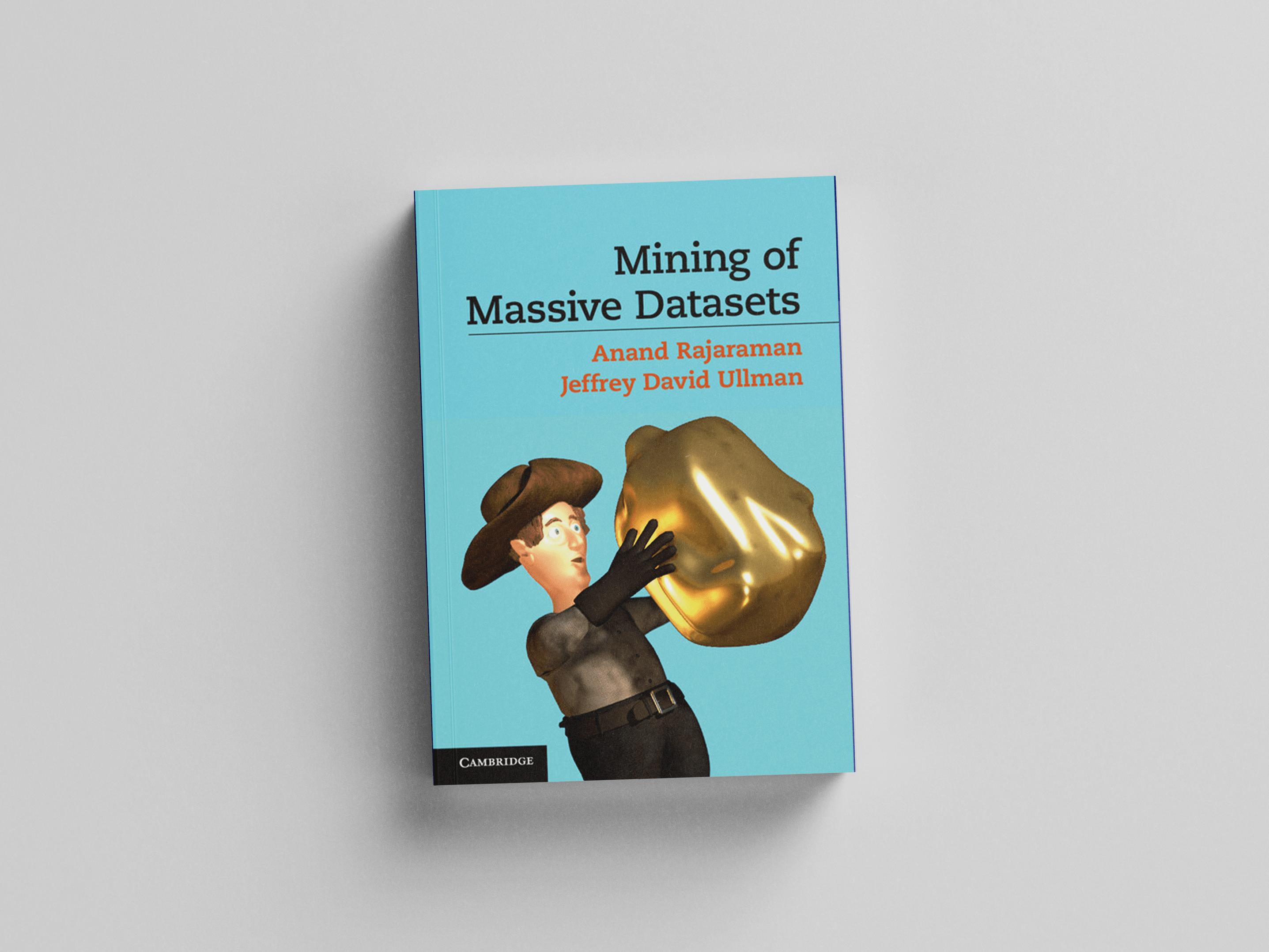Most of the work positions in Deep Learning, Machine Learning, NLP, Computer Vision, or basically any other Artificial Intelligence (AI) position requires you to have at least a Bachelor's degree in Computer Science or some related area.
But if you're from the United States or some other country where most people can't afford to go to university, you need to find other ways to get yourself educated.
Fortunately, nowadays you don't have to get a formal degree with the short supply of qualified professionals from these fields - demonstrating your expertise in other forms, such as the courses you've completed, is enough to get you a position.
But with that comes a lot of people all trying to sell their own Artificial Intelligence course.
In this article, I will discuss some of the best free Artificial Intelligence Courses that come from MIT, Stanford, Amazon, Harvard, and others that you can take, regardless of where you live and how much money you have - I personally took these courses on my own, or I got them recommended by close friends who took them so I can be sure they're good. (BTW I'm not sponsored by any of these. 🙄)
You may also be interested in reading about the 5 Best Artificial Intelligence Books in 2020 and the top 5 Interesting FREE AI Books for absolute Beginners by Springer.
THE best free online Artificial Intelligence courses
1. Machine Learning (Andrew Ng)
This Machine Learning course by Andrew Ng is probably the most popular course offered by an independent teacher.
Andrew Ng co-founded Google Brain and was Chief Scientist in Baidu's A.I research division and can express information in a simplified way that you will be able to easily understand.
This course is so awesome because it doesn't have a steep learning curve - which is extremely important for people who have never heard of Machine Learning - it doesn't assume that you have any previous knowledge and gradually guides you through complicated subjects to make your learning experience challenging but enjoyable.
Furthermore, it avoids complex math which is probably the biggest fear for people that want to get into Machine Learning and AI.
2. CS50's Introduction to Artificial Intelligence with Python (Harvard)
This 7-week Harvard course will teach you how to use machine learning in Python and explore the concepts and algorithms used in modern artificial intelligence - you will immerse yourself in ideas that give rise to technologies such as machine translation and handwriting recognition.
It includes hands-on projects where you can learn about algorithms for graph searching, adversarial search, classification, optimization, logical inference, and probability theory and how to incorporate them into your own Python code.
3. Data Science: Machine Learning (Harvard)
By building a film recommendation program similar to the one by Netflix or Youtube, this Harvard course will help you learn basic machine learning algorithms, cross-validation, and regularization.
By building the film recommendation program, you will learn how to train algorithms so that you can predict results, and about the Bias-variance tradeoff and the techniques to avoid it, such as cross-validation.
4. Machine Learning University (Amazon)
This one is actually more than ONE course. The Amazon Machine Learning University is a collection of over 60 courses that were previously only available for engineers working at Amazon.
You'll learn about training, tuning, and deploying AI and Deep Learning Models to AWS Cloud, Anomaly Detection, Object Detection, and more.
5. Artificial Intelligence (MIT)
This course introduces you to the fundamentals of Knowledge representation, problem-solving, assembling solutions to concrete computational problems, and learning methods for AI.
You should be able to create an AI Model after this course, understand the importance of Knowledge representation and reasoning, appreciate the role of problem-solving, understand the language of representing human intelligence for a computer.
As expected, this course comes with loads of PDF guides with summarized information, video lectures from the classes taught by MIT's greatest professors, and loads of other references to some of the best books in AI.
This is a course hosted on GitHub for people who already have some Python experience and deep learning experience, because it does not cover basics such as gradient descent, convolutional neural networks, recurrent neural networks, etc.
It was initially a Berkley boot camp and was later taught as a PMP course at the University of Washington. They address topics such as Infrastructure and Tooling, Data Management, Training, Testing, and Model Implementation.
There are also over 9 different guest lecturers employed in major companies such as Alibaba, Tesla, KeepTrucking, and Toyota that will give you some insight into Deep Learning in real-world Business Use Cases.
7. Introduction to Computational Thinking and Data Science (MIT)
This is an introductory MIT course that requires some prior Python experience - This course will teach you how to achieve a variety of goals using computation and provide you with a brief introduction to a variety of computational problem-solving topics.
You will be spending significant time designing programs incorporating topics such as graph optimization, Dynamic programming, Random walks, Probability, Monte Carlo simulations, and more.
8. Practical Deep Learning for Coders (fast.ai)
This course is for people who already have a bit of python experience and incorporates both machine learning and deep learning in a single course - covering topics like random forests, gradient boosting, and p values.
You will also learn about the production and deployment of Models and how to develop a GUI for fast.ai's own deep learning-powered apps.
9. Machine Learning (MIT)
This introductory MIT course offers an overview of many machine learning principles, techniques, and algorithms, beginning with concepts like linear regression and classification and concluding with more advanced topics such as hidden Markov models, support vector machines, and Bayesian networks.
The course will provide you with the fundamental ideas and principles behind the current methods used for machine learning as well as a little more systematic understanding of how, why, and when they work.
It includes a lot of materials, assignments, and projects, so you're not going to get bored.
10. Google AI (Google)
The Google AI Introductory Course is perhaps the perfect way to start learning Artificial Intelligence. It covers every issue related to data collection,-preparation, Model-construction,-deployment and-assessment in a simple, easy-to-read format that will take you from knowing nothing at all to having a firm basic grasp.
Personally, when I take a course, I find that well-presented information and documentation really does make a big difference to my learning outcome. The quality of the courses offered by Google is unmatched.
They provide visual, auditory, demonstrations, and exercises to complete for a wide range of learners. This is the best starting point if you'd like to get your hands dirty in Artificial Intelligence.
11. Statistical Learning (Stanford)
This Stanford introductory-level course in supervised learning, with a focus on regression and classification methods, includes topics such as linear discriminant analysis, model selection and regularization methods, support vector machines, tree-based methods generalized additive models, and logistic regression .
Some programming experience in R may be helpful, but there are also beginner tutorials dedicated to R, which progress with more detailed sessions that implement the techniques in each chapter.
This is not a math-heavy class - it describes methods without relying heavily on formulas and complex maths and focuses only on the most important elements of data analysis.
12. Mining Massive Data Sets (Stanford)
This is a Stanford course where some experience with databases like MySQL, Oracle SQL, or similar would be handy.
It introduces you to modern distributed file systems, algorithms for extracting models and information from datasets, and how Google's PageRank algorithm ranks the importance of a web page.

It is also suggested that you first read the "Mining of Massive Datasets" book by Leskovec, Rajaraman, and Ullman. You can download it here for free, of course. (It's also possible to purchase a hard copy edition of the book if you're into that.🙃)
Conclusion
There are obviously tons of other free courses from/to other universities/websites like CALTECH, Udacity, Udemy, GitHub, University of Pennsylvania, and so on.
Most of them can be found on GitHub by independent Teachers or on the edX platform, so if you're interested in anything other than what you've seen in this article, check them out.
The course, the class, the book is less important at the end of the day than your dedication, and ability to learn something new.
So my advice is to pick a topic that will inspire you, it doesn't have to be anything from the courses I suggested because it doesn't guarantee that if those are the best for me, they'll be the best for you 😉
